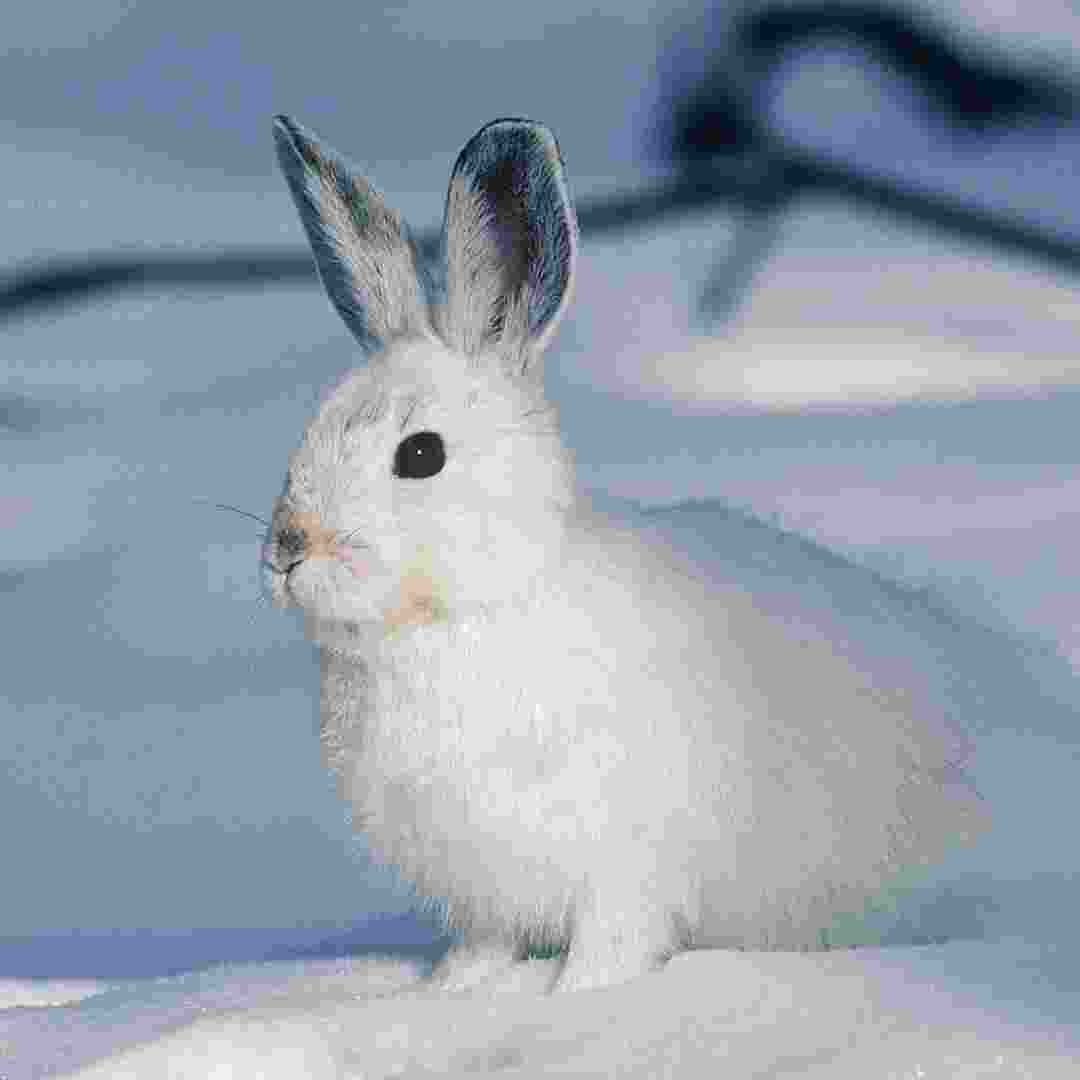Contents Table
Introduction
Preparing Your Rabbit's Winter Home
Rabbits Benefit from Indoor Winter Care
Making a Cosy Winter Rabbit Den
Winter Rabbit Warming Tips
Winter Outdoor Rabbit Care: Pros and Cons
Q&A
Conclusion
Introduction
Rabbits are abundant worldwide, however their habits vary by season. Winter rabbits need refuge to live. They may lurk in thickets, burrow underground, or inhabit abandoned structures. They may even make snow nests. Rabbits may survive winter and thrive in spring with proper protection.
Preparing Your Rabbit's Winter Home
As winter approaches, prepare your rabbit's house for the cold. Here are some winter house preparation recommendations for your rabbit:
1. Insulate Your Rabbit's Home: Keep the cold out with adequate insulation. Improve hutch insulation by adding layers to the walls and floor. Straw or hay can add warmth.
2. Ventilate the hutch to prevent moisture and humidity buildup. This will keep your rabbit happy and healthy.
3. Warm Bed: Give your rabbit a warm bed to sleep in. Rabbit beds can be made from straw, hay, or blankets.
4. Clean the Hutch: Regularly clean the hutch to avoid germs and other hazardous organisms from growing.
5. Provide Warm Water: Give your rabbit warm water. This will keep your rabbit hydrated in winter.
Follow these tips to make your rabbit's winter habitat secure and comfortable. Winter can be cosy for your rabbit with proper planning.
Rabbits Benefit from Indoor Winter Care
As winter approaches, many pet owners must decide whether to keep their rabbits home or outside. Some may choose to keep their rabbits outdoors in winter, although there are several advantages.
Keep your rabbit indoors during winter to protect them from the cold and harsh weather. Cold temperatures can make rabbits sick if exposed for too long. Indoor rabbits stay warm and comfortable in winter.
Indoor rabbits are also safer from predators in winter. Foxes, coyotes, and hawks prey on outdoor rabbits. Keep your rabbit indoors to avoid these predators and enjoy winter without fear.
Additionally, wintering your rabbit indoors will stimulate them. Indoor rabbits have several toys, hobbies, and enrichment options to keep them entertained. This prevents boredom and keeps your rabbit healthy and happy throughout winter.
Keeping your rabbit indoors during winter has several benefits. Keep your rabbit indoors to protect them from predators, cold weather, and a more exciting environment. Pet owners should keep rabbits indoors in winter for these reasons.
Making a Cosy Winter Rabbit Den
Making a cosy winter rabbit habitat is crucial to keeping your rabbit safe and comfortable. Burrowing rabbits need a den for their health. Tips for making a cosy winter rabbit nest.
Choose a den location first. To avoid drafts and direct sunshine, place it in a calm, protected location of your home. Allow adequate space for your bunny to move.
Line the den with comfy bedding. Use hay, straw, shredded paper, or blankets. Thick bedding keeps rabbits warm and comfy.
Finally, decorate the den with cosy items. Put some toys, chewables, and hiding locations inside. Your bunny can explore and play here.
Following these methods, you may build a cosy winter rabbit den to keep your pet warm and safe.
Winter Rabbit Warming Tips
1. Place your rabbit's hutch in a warm, draft-free room. Consider bringing the outside hutch inside in winter.
2. Keep your rabbit's hutch warm with a heat lamp if it's outdoors. Mount the lamp firmly and out of rabbit reach.
3. Add more bedding to your rabbit's hutch to keep them warm. Bedding might be straw, hay, or shredded paper.
4. Give your rabbit a cosy spot to snuggle. A cardboard box or small igloo housing could work.
5. Give your rabbit warm food and beverages in winter. This will keep them warm internally.
6. Monitor your rabbit's health throughout winter. For any signs of disease, contact your vet immediately.
Winter Outdoor Rabbit Care: Pros and Cons
It can be hard to keep a rabbit outdoors in winter. Rabbits are naturally outdoor-adapted and may flourish in outside conditions. Winter weather is unpredictable, and rabbits may not live in extreme cold. Before deciding, weigh the pros and cons of wintering your rabbit outside.
Keeping your rabbit outdoors in winter lets them live more naturally. Outdoor rabbits thrive because they're naturally adapted. They benefit from fresh air, sunlight, and exploring and foraging. Since they may socialise and explore, outdoor rabbits are less prone to get bored and lonely.
Wintering your rabbit outdoors has certain drawbacks. The biggest risk is excessive cold. Rabbits can get hypothermia in cold weather because they are unadapted. Since they cannot hide in a cage, outdoor rabbits may be more vulnerable to predators. Due to their larger pathogen exposure, outdoor rabbits may be more susceptible to parasites and illnesses.
In conclusion, carefully consider keeping your rabbit outdoors in winter. Outdoor rabbits benefit from a more natural environment, although they may be at risk of harsh cold, predators, and infections. Before choosing, examine the advantages and downsides.

Q&A
1. Where do rabbits winter?
In winter, rabbits live in burrows or dens. They may hide under decks or porches or in brush thickets.
2. What keeps rabbits warm in winter?
Huddling in burrows or dens keeps rabbits warm in winter. Their thick fur coats offer cold protection.
3. Do rabbits winter hibernate?
Rabbits do not winter hibernate. They are active throughout winter, although less so in extreme cold.
4. What do winter rabbits eat?
Rabbits eat hay, grass, and other plants in winter. They can eat nuts, seeds, fruits, and vegetables.
5. How can I help winter rabbits?
A wooden box or plastic storage bin with a lid helps keep rabbits warm and dry in winter. You can also feed and water them and protect their home from predators.
Conclusion
Bunnies can endure winter by burrowing underground, hiding in thickets, and utilising their fur to remain warm. They also eat grasses, twigs, and bark. Rabbits may endure winter and thrive in their natural habitats with the correct conditions.
